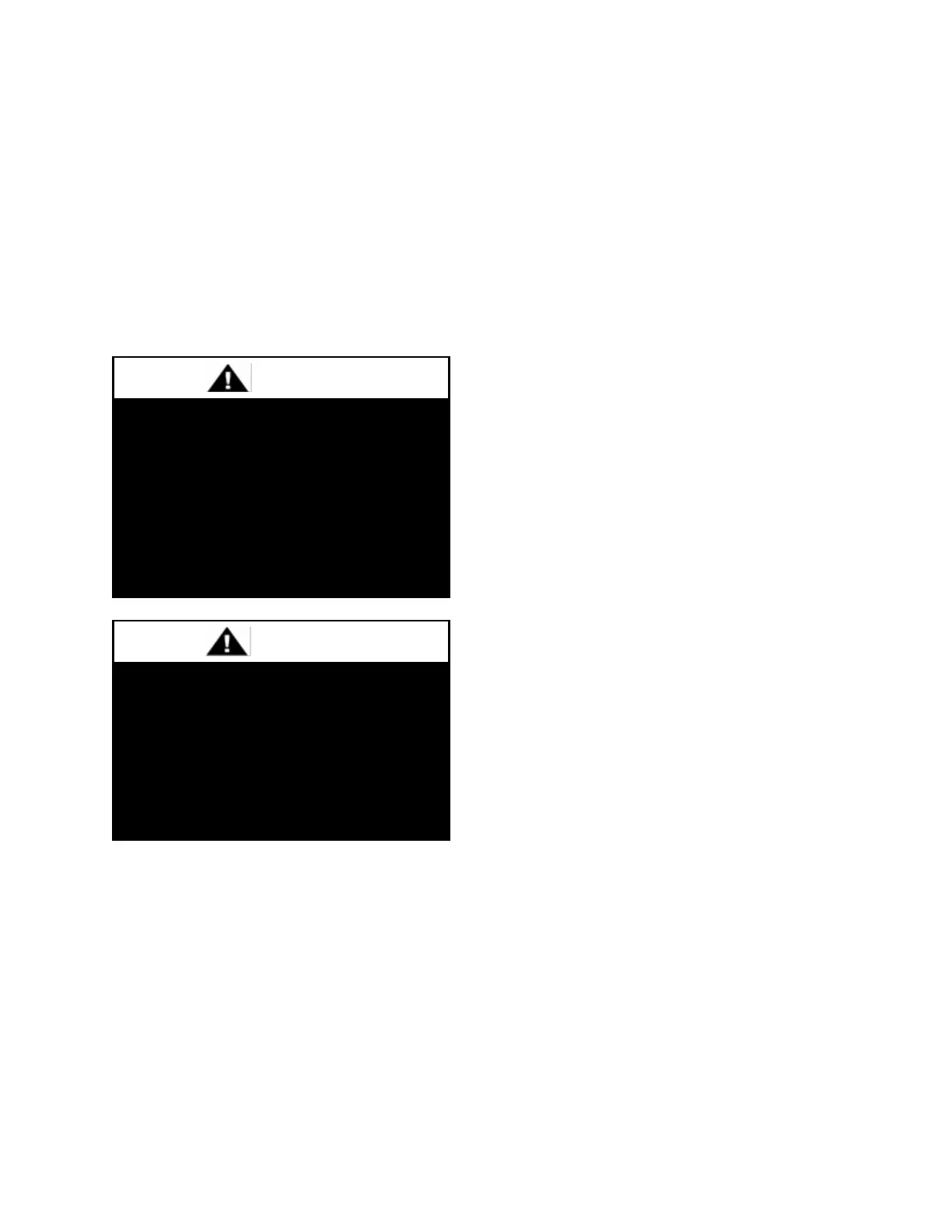27
General Information
RN Series packaged rooftop units, heat
pumps and outdoor air handling units have
been designed for outdoor installation only.
Units are assembled, wired, charged and run
tested at the factory.
Startup and service must be performed by a
Factory Trained Service Technician.
Certification of Gas Heat Models
a. AAON gas heat exchangers have
successfully completed 10,000 burner
operation cycles and corrosion resistance
as specified per test standard ANSI 21.47.
All gas heat exchangers used in AAON
appliances are certified for use
downstream of evaporator or cooling
coils.
b. Certified as a Category III forced air
furnace with or without cooling.
c. Certified for outdoor installation only.
d. Certified for installation on a combustible
roof with a minimum of 12” high curb.
Certification of Steam or Hot Water Heat
Models
a. Certified as a forced air heating system
with or without cooling.
b. Certified for outdoor installation only.
c. Certified for installation on a combustible
roof with a minimum of 12” high curb.
Certification of Electric Heat Models
a. Certified as an electric warm air furnace
with or without cooling.
b. Certified for outdoor installation only.
c. Certified for installation on a combustible
roof with a minimum of 12” high curb.
Certification of Cooling Models
a. Certified as a commercial central air
conditioner with or without electrically
operated compressors.
b. Certified for outdoor installation only.
c. Certified for installation on a combustible
roof with a minimum of 12” high curb.
d. Certified with refrigerant R-410A coils or
with chilled water cooling coils.
Codes and Ordinances
RN Series units have been tested and
certified, by ETL, in accordance with UL
Safety Standard 1995/CSA C22.2 No. 236,
ANSI Safety Standard Z21.47b-2008/CSA
2.3b-2008, and ANSI Safety Standard Z83.8-
2006/CSA 2.6-2006.
Size the system in accordance with the
American Society of Heating, Refrigeration
and Air Conditioning Engineers Handbook.
Installation of RN Series units must conform
to the ICC standards of the International
Mechanical Code, the International Building
Code, and local building, plumbing and
waste water codes. In the absence of local
codes installation must conform to the
current (United States) National Fuel Gas
Code ANSI-Z223.1/NFPA 54 or the current

